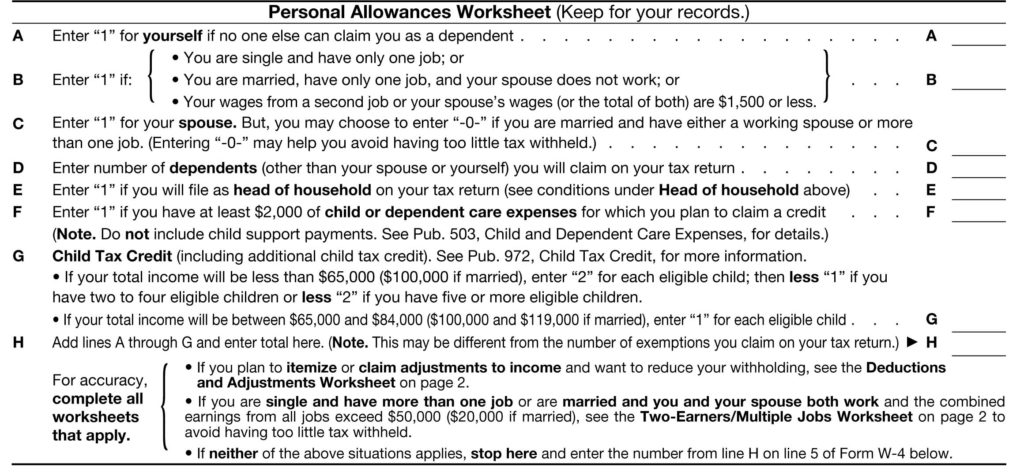
The IRS recently revised legislation that previously kept the statute of limitations open for 6 years for any understatement of income greater than 25% of gross income. The new law now provides that an in addition to understatement of income, overstatement of deductions that results in the same 25% omission of income leaves you open to IRS audit for 6 years!
With the 2014 tax season behind us, I’ve had several clients ask how long they actually need to keep some of their tax records. I’ve compiled a list of the more common documents, specifically related to individuals, and how long you actually need to hoard these pieces of paper for.
Personal Documents to keep forever:
- Audit reports
- Legal documents
- Property records, improvement receipts (or 7 years after property is disposed)
- Investment trade confirmations
- Retirement and Pension records until all distributions are made
Personal Documents to keep seven years:
- Supporting documents for tax returns (W-2’s, charitable contribution receipts, etc.)
- Income tax returns
- Income tax payments
Personal Documents to keep three years:
- Utility records
- Expired insurance policies
- Medical bills
Note that these times are from the date that your original tax return was filed. If you have a scanner, the IRS does accept digital copies as long as they are legible. I recommend keeping a local backup as well as a cloud backups on Google Drive, Dropbox, Box, or any other secure cloud based storage.
If you have any questions about document retention, please contact Paul Glantz, CPA at paul@launchconsultinginc.com



